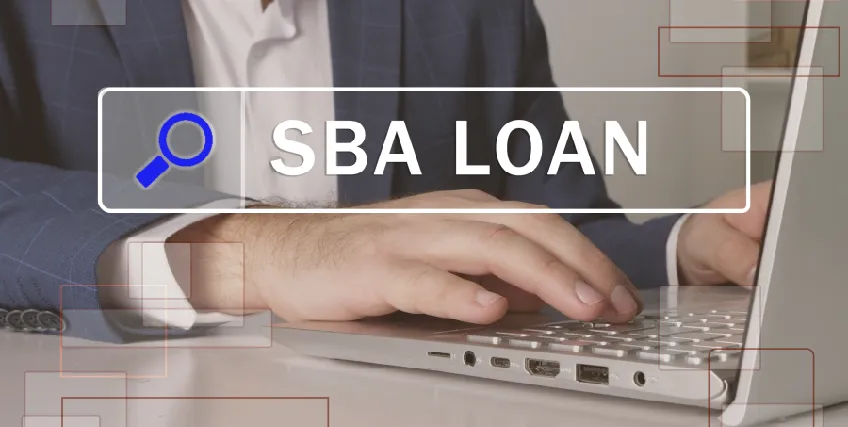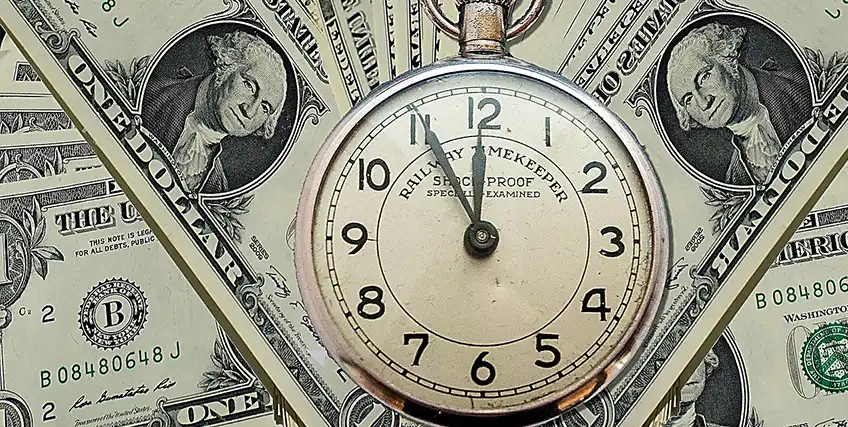Looking for Business Financing?
Apply now for flexible business financing. Biz2Credit offers term loans, revenue-based financing, lines of credit, and commercial real estate loans to qualified businesses.
Set up a Biz2Credit account and apply for business financing.
Fixed rate business loans are a simple way for your business to get the funding it needs. This type of loan is an agreement to take a lump sum and pay back with interest over time.
The advantage of a fixed rate loan is you will have identical monthly payments until your loan is paid in full. Keep in mind that each lender will likely have different requirements on their loan application including repayments terms, and fees. Much of this will be based on your creditworthiness. This means if you have excellent credit, you can expect your rate to be lower than someone with bad credit.
Here’s what you need to know about a fixed rate loan for your small business.
What is a fixed rate business loan?
A fixed rate business loan is a straightforward business financing option where a business owner receives a lump sum of funds with the promise to pay it back over time with interest and any applicable fees. The interest rate is “fixed”, which means the monthly payment will not change regardless of what the Federal Reserve decides to do with interest rates.
This is different than a business credit card where the annual percentage rate (APR) can shift over time.
Here’s an example:
If you borrow $700,000 at a fixed rate of 4.75% for five years, your monthly payment of $1,565 remains the same for the entire loan.
The interest rate is determined by the lender based on several factors, including your creditworthiness, the prime rate, and how competitive rates are at the time. If rates drop, you can consider refinancing to a lower interest rate. This is advantageous for businesses because if interest rates rise, your loan becomes much more favorable.
Where To Get A Fixed Rate or Variable Rate Business Loan
Small business owners have a variety of avenues to explore for business lending, including online lenders, credit unions, traditional banks and more.
Each of these lenders will have a variety of loan options to offer, including SBA loans from the Small Business Administration. Keep in mind that each lender will have different requirements, loan costs, and loan fees, resulting in widely different loan offers. The same goes for SBA lenders as well.
This means that you should always shop around to find the lowest rates and best lending terms for your business. Additionally, consider the total cost of the loan when you’re shopping, including things like origination fees or early payment penalties.
Advantages and Disadvantages of a Fixed Rate Business Loan
The loan you choose for your business is a complex decision. There are an ample amount of options with no one-size-fits-all approach.
If you’re considering a fixed rate business loan for your startup or business, here are a few pros and cons to consider.
Pros:
- With a strong FICO score, you can likely get a competitive interest rate.
- A fixed interest rate means the monthly payment will not fluctuate for the life of the loan.
-
A fixed monthly payment makes it much easier to budget for.
- At the time you’re shopping for loans, you can get a sense of what average interest rates are to get the best deal possible.
- Fixed rate loans frequently come with interest rates that are lower than variable rate loans.
Cons:
- You may pay more over the life of the loan compared to a variable interest rate loan, if rates happen to fall.
-
Fixed rate loans could be accompanied by more stringent eligibility requirements. Because lenders have a greater likelihood of losing out on more money by not increasing your interest rate when the prime rate increases, lenders compensate by establishing tougher underwriting standards. The higher your business credit score and personal credit score is, the lower your interest rate may be.
- The majority of commercial real estate loans are variable.
Advantages and Disadvantages of a Variable Rate Business Loan
Pros:
- Variable rate loan providers often set a lower introductory interest rate to entice borrowers. If the prime rate doesn’t change, or if the borrower is able to make extra payments early on, the loan will end up less expensive than many fixed rate loans. In addition, there’s always the chance that the prime rate drops, leaving you with a smaller interest rate than you expected.
- That low introductory interest rate offers up another opportunity. If you’re able to make sizable payments early on, you can get ahead of paying increased interest on the remaining principal when low interest rates go up.
Cons:
- If you have a large loan for something like equipment financing, a variable rate could make your monthly payment swing significantly.
- Although you may be able to afford payments at the low introductory rate at the beginning, if the prime rate rises by 2%, you do not know if your cash flow will be sufficient to sustain your company, or whether you’ll be able to meet your business needs without resorting to applying for a higher loan amount–at an interest rate likely to be even higher because of your decreased debt-to-income ratio and higher prime rate overall.
- A variable interest rate is beyond the borrower’s control. While your credit will help set your initial interest rate, changes to a variable interest rate on your loan can happen periodically.
Fixed or Variable: How to Decide What Type of Loan to Pursue
There are several variables to consider when researching your fixed and variable rate financing options.
Risk ToleranceIf taking a risk makes you uneasy, a fixed rate loan may be your best option. Interest rates can go up, and those higher rates could impact your business’s cash flow negatively.
Here’s an example of how those rates could make your working capital much more expensive:
If you borrow $300,000 with a loan term of 60 months with a 8% interest rate, your monthly payment will be $6,082.92, and you will pay $64,975 in total interest. If that interest rate goes up by half a percent, your payments will increase $100 per month — an additional $5,000 in interest over the life of the loan.
However, a variable rate on a smaller loan means changes to the prime rate won’t affect your monthly payments or total interest costs as much.
This is where comparing business loan interest rates across different loan products can help you select the most advantageous product possible.
Length of Loan Term
The shorter the duration of your loan, the less likely it is that you will experience big fluctuations in interest rates. For longer-term loans, there can also be the issue of prepayment penalties, which are sometimes added to a loan to ensure the lender receives a minimum amount of money on top of the loan amount. This is another reason why it’s important to consider the repayment terms when choosing a loan for your business.
Final Thoughts on Fixed Rate Business Loans
Small business loans can be accessed from financial institutions, banks, online lenders, or nonprofit
microloans. Business loans,
business lines of credit, merchant cash advance and other types of financing
come with a variety of lending terms.
As a business owner, you should weigh the relative pros and cons of fixed rate vs. variable rate loans before you make a decision that could be critical to both the short-term cash flow and your long term business plan.
FAQs on Fixed Rate Versus Variable Rate Business Loans
What are the advantages of choosing a fixed rate business loan?
The advantages of a fixed rate business loan is that you can plan for the same monthly payment for the life of the loan, and how it will impact your annual revenue.
How can I compare fixed rate business loans from different lenders?
You can compare loans by getting quotes from several business lenders based on things like repayment terms, interest rates, loan origination fees, and prepayment penalties. Just be sure you’re comparing the same types of business loans against one another.
Do business loans have fixed interest rates?
It depend on the type of business loan you choose, but yes, many loan programs have fixed interest rates for those who want a consistent monthly payment.




